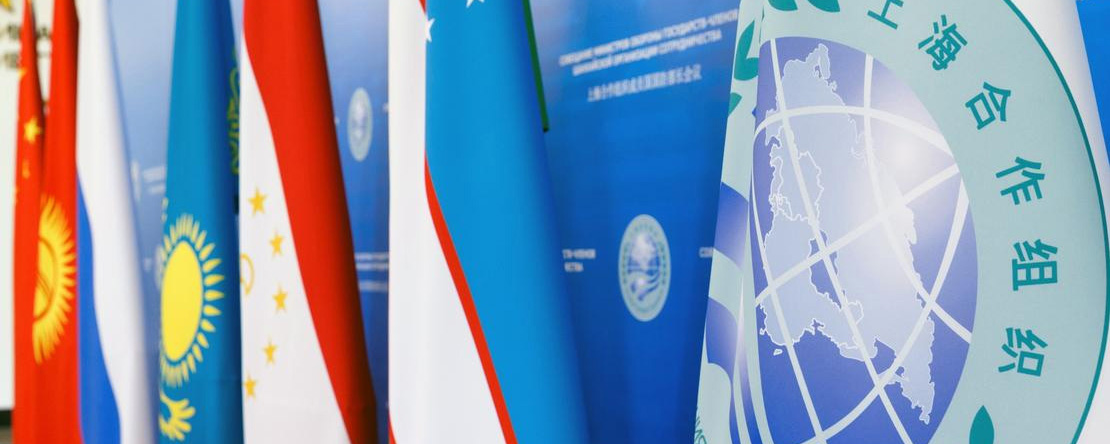Editorial- India Draws the Line: No Compromise on Terror


India’s Defence Minister Rajnath Singh’s refusal to sign the joint statement at the Shanghai Cooperation Organisation (SCO) meeting in Qingdao, China, marks a significant shift in India’s foreign and security policy. This decision not only underscores India’s firm regional stance but also highlights its assertive and uncompromising approach to terrorism on the global stage.
The meeting took place at a crucial juncture, as the global balance of power increasingly moves toward polarization. On one side, European nations are ramping up their military spending under NATO’s framework; on the other, China is attempting to position forums like the SCO as counterweights to Western alliances. In such a geopolitical climate, India’s strategic clarity and autonomous voice carry even greater weight.
In his remarks, without naming Pakistan directly, Rajnath Singh pointed to certain countries using cross-border terrorism as a tool of state policy. He referenced the recent Pahalgam terror attack as a “heinous act targeting individuals based on religious identity,” and cited India’s swift and strategic response—Operation Sindoor—as a signal that India will no longer limit itself to passive diplomatic condemnation, but will actively neutralize the sources of terror.
This represents a broader strategic transition: India is shifting from reactive diplomacy to a proactive, security-first doctrine.
Rajnath Singh emphasized the need for perpetrators and sponsors of terrorism to be brought to justice, and urged the SCO to adopt a united stance on the issue. However, the omission of the Pahalgam attack from the joint declaration—and the inclusion of references to incidents in Balochistan, reflecting Pakistani concerns—prompted India to withhold its signature. This move signals India’s rejection of China’s diplomatic balancing and calls for a more equitable approach to counterterrorism.
China’s role in this context is particularly significant. By advocating a “neutral investigation” into the Pahalgam incident and referencing Balochistan, China not only challenged India’s sensitivities but also indirectly lent support to Pakistan. This suggests a strategic use of the SCO platform by China to dilute India’s influence while shielding Pakistan diplomatically.
While some opposition voices and analysts labeled India’s stance as a “diplomatic setback,” it is, in fact, a principled and strategic assertion. India has made it clear: there will be no compromise on terrorism, even if it means standing alone in multilateral forums.
Since joining the SCO in 2017, India has evolved from a symbolic member to an active policy contributor. Its forthright stance on terrorism strengthens its position as a moral compass within the organization.
China’s broader ambition is to create an alternative security architecture across Central Asia, South Asia, and Russia—an architecture meant to counterbalance the West. However, this vision can only gain legitimacy if China demonstrates transparency and neutrality—qualities that remain questionable, especially in dealings with democratic nations like India that prioritize strategic independence.
The omission of the Pahalgam attack and the inclusion of Balochistan highlights China’s tendency to prioritize Pakistan’s foreign policy agenda within the SCO. This not only risks escalating tensions with India but also undermines the credibility and purpose of the SCO itself.
India’s foreign and defence policy today is more confident, coherent, and assertive than ever. Its message on terrorism is unambiguous: no compromise, no silence. On platforms like the SCO, India does not seek mere symbolic participation but aims to be an influential voice on matters of substance.
This incident also underscores a broader trend: India is now willing to voice its security concerns on the global stage—even at the cost of uncomfortable diplomatic friction. This is the embodiment of a “values-based foreign policy” and “strategic autonomy”—a doctrine that will continue to shape India’s emergence as a formidable global player in the years to come.